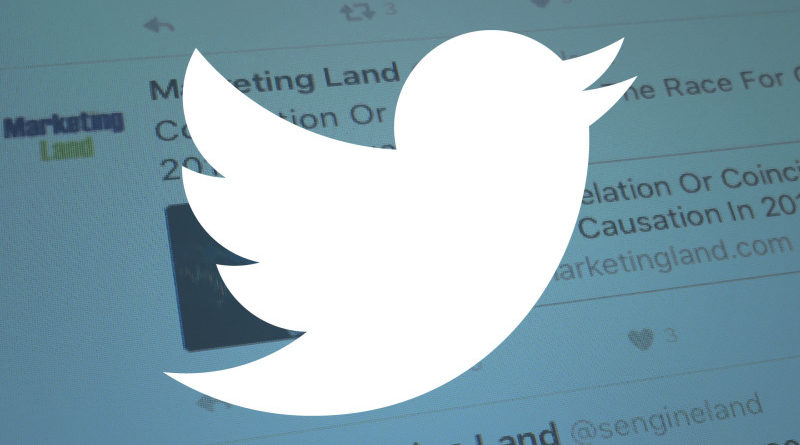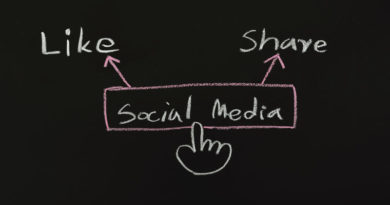Twitter finally brings back chronological timelines
Now that users can opt-out of the algorithm, the question for advertisers will be how it impacts their visibility on the platform.
In 2016, Twitter changed its algorithm so that the timeline would display tweets it determined were most relevant based on a user’s actions. On Monday, the company announced it would soon be giving users the option to go back to a timeline that displayed tweets in reverse chronological order.
The question for advertisers is whether or not users will remain engaged with content on the platform as they opt out of Twitter’s algorithm that shows content it has determined most relevant.
What happened? In 2016, Twitter made the decision that it knew best what users wanted to see in their timelines. The company changed its timeline algorithm to display relevant tweets based on a user’s interactions on the app, launching the “Show your best Tweets first” option in a user’s account settings page. The update included features like “In case you missed it” that listed past tweets the user had not viewed yet, and recommended tweets from people a user didn’t follow.
On Monday, Twitter announced via its @TwitterSupport handle that it was updating the “Show the best Tweets first” setting so that when it was turned off, the user would only see tweets from followed accounts displayed in reverse chronological order. Previously, when the setting was turned off, Twitter would still display missed tweets, tweets from recommended accounts and a not exactly “pure” chronological timeline.
Twitter said its goal has always been to “balance showing you the most recent Tweets with the best Tweets you’re likely to care about, but we don’t always get this balance right.”
How did people take it? Back when Twitter completed the full rollout of its algorithm changes, it reported less than 10 percent of users had chosen to opt out of the new timeline. But based on the company’s tweet thread announcing its latest updates, Twitter received enough criticism about its timeline that it has made time to offer users the option to return to a chronological feed.
Why you should care. The catch for advertisers is that Twitter has long claimed the algorithm it started using in 2016 displaying the most relevant tweets first created more engagement, and that users who opted in to the “Show best Tweets first” timeline tended to be more active on the app.
Delivering a more relevant feed that kept users logged on and active would obviously result in Twitter delivering a more engaged audience to brands and advertisers. Now that users have the option to go back to a chronological timeline, the question is whether or not changes in user behavior will impact how brands and advertisers perform on the platform.
FWIW. Twitter’s ad targeting filters and ad units will not be directly affected by this timeline change. Advertisers and brands will still have the same capabilities when building out campaigns and putting together their marketing efforts on the app.
What will be impacted are organic posts from brands and marketers. If Twitter has deemed a brand’s tweets more relevant for a user, and that user switches to a chronological timeline, then there’s a chance the organic post from that brand may not be readily surfaced for the user. Of course, if Twitter’s “Show best Tweets first” timeline failed to prioritize organic tweets from brands, there’s a chance users will be more likely to see them when viewing their timeline chronologically.



